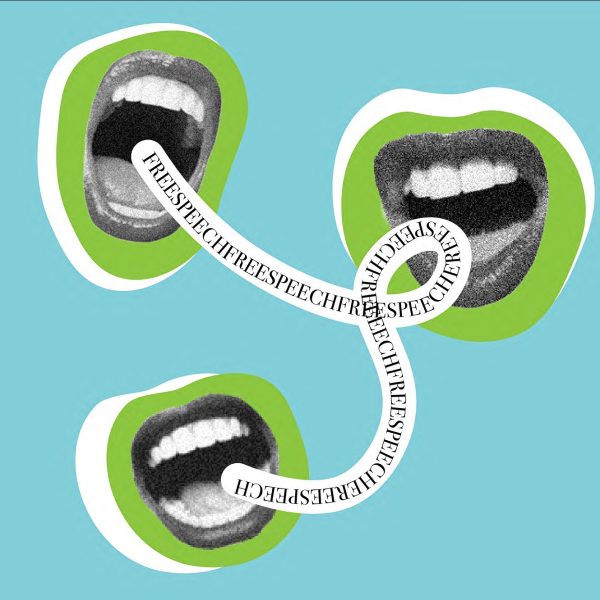Political correctness detrimental to learning
October 21, 2015
This is an opinion article and does not necessarily reflect the views of The Tulane Hullabaloo.
College serves many purposes, but its primary goal is to prepare students to enter the working world. Academic institutions across the United States boast of how their campuses foster an environment where the exchange of ideas and beliefs are encouraged and where passions can be easily pursued. Too often, today’s culture of political correctness contradicts colleges’ stated goals and hinders the intellectual process by attempting to protect students from different points of view. This dangerous precedent set by a culture of political correctness on campuses prevents students from hearing additional perspectives, having a discussion on these differences and forming unique and informed opinions.
In recent years, numerous notable commencement speakers on college campuses have either backed out or been disinvited due to “controversies” created by a culture of political correctness. This includes Christine Lagarde, the first woman to head the International Monetary Fund, former Secretary of State Condoleezza Rice and Dr. Ben Carson, who withdrew from speaking at Johns Hopkins University, where he had served as the Director of Pediatric Neurosurgery. Avoiding and silencing others, the majority of whom are conservative voices, is not an effective strategy to deal with the sensitivities of some students.
Unfortunately, the culture of political correctness is extending beyond the world of politics. In fact, college campuses have reached a point where comedians like Jerry Seinfeld and Chris Rock are afraid and unwilling to perform anymore, pointing towards a culture that leaves no room for error.
Political correctness reached new levels Oct. 4 at California’s Pitzer College, as the student senate rejected a proposed boating and sailing club named “Pitzer College Yacht Club” because the name was deemed “offensive.” At a time when schools have hunting clubs and tattoo clubs, insulating students from a club, whose purpose is to “learn about sailing,” due to a name seems arbitrary at best. While the word “yacht” insinuates exclusivity, and socio-economic inequalities are a major societal concern, coddling students from reality does not prepare them to successfully confront important issues or to make positive changes in the world.
The world after college is filled with people of differing backgrounds and perspectives. College experiences should mirror that to best prepare students for the real world. Academic institutions like Tulane must maintain focus on keeping its role as a facilitator of intellectual discussion, encouraging differences in opinion to be debated and allowing students to develop their own self-informed opinions. Institutional censorship is at stake, where particular groups selectively decide who shall and shall not be heard. It is human nature to disagree with and be offended by other people, but what defines a person is how they react to contrasting opinions. By silencing the voices of those with differing opinions, the movement towards political correctness not only fails to protect college students, but also leaves us more vulnerable once we graduate into a diverse and complex world.
Matthew is a senior at the A.B. Freeman School of Business. He can be reached at [email protected].




















Leave a Comment